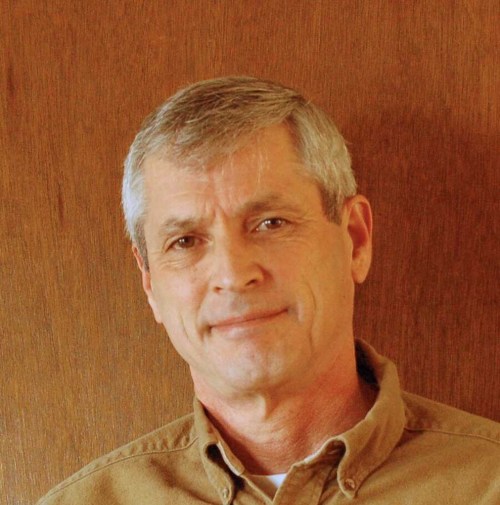Understanding Our Changing Climate: Our future
Published 5:00 am Tuesday, August 20, 2024

- Blackwood
When I was a kid, summers were fun, and they provided a lot of outdoor time. After breakfast, Mom would send us outside to play and call us to meals by ringing a bell. The air was clean, and the temperatures were usually pleasant. Our days were filled with camping, fishing, sports and just being kids.
It used to be that wildfire season started in late June with small lightening caused fires. It would move into early August with larger ones, then wind down by mid-September with the beginning of fall rains.
Not so much anymore. July was the 14th consecutive month in a row to set world temperature records for heat. And locally, the high temperature topped 100 degrees on nine of the 31 days and it hit 90 or above on 22 days. It was the fourth hottest month ever recorded for Pendleton (going back to 1928). For Baker City, long-term temperature records were shattered – July was the hottest month ever recorded, and it broke the old record for July by 2½ degrees.
Heat domes and heatwaves are now more prevalent, as is wildfire smoke and regional haze. Wildfire seasons are now earlier and last longer. Air quality health alerts happen more often. It is increasingly common for public and private lands to close to the public due to fire risk and fire suppression activities. Risks of wildfire now often extend into October.
Overwhelming scientific evidence indicates that the rise in global heat, the increased intensity of rain events and droughts, and the spike in greenhouse gases are largely attributable to human activities. Recently, the Oregon State University climatologist stated that while heatwaves are a normal part of weather, with a warming climate they are becoming more frequent and lasting longer. The primary cause of this trend is use of fossil fuels, and they are present in most aspects of our lives.
The Inflation Reduction Act was an historic step towards addressing the adverse effects of a warming climate. This act allowed immense investments in renewable energy through incentives for businesses, communities, and individuals. It is somewhat unique in that actions are based on incentives — not regulations. Information about the IRA and its incentives can be found on the Eastern Oregon Climate Change Coalition’s website at EOC3.org.
Americans have always risen to challenges. Our history is rich with sacrifices we have made for the greater good. Responding to climate change is one of the largest global challenges facing civilization today. Although industrialization, fossil fuel energy development, transportation, and agriculture are some of the largest contributors to greenhouse gases, we all play a part in our planet’s future.
Whether we like it or not, dealing with a warming planet will require all of us to make some sacrifices. We can all make a difference in the choices we make for what we buy, how we travel, and the people we elect to represent us. This fall’s election will determine not only our future but the future of upcoming generations. Will we continue to address climate change head-on and maintain the progress we’ve made over the past few years, or will we regress, putting ourselves, our children, and future generations at significant risk?
As we look forward to the future, we cannot forget the past. I am hopeful with the help of the IRA and the choices we make that we can maintain the trajectory we are on. I believe we all want the best for our kids and future generations, and this includes a more livable environment. I am also hopeful my grandkids can someday enjoy the summers I used to enjoy as a child.









